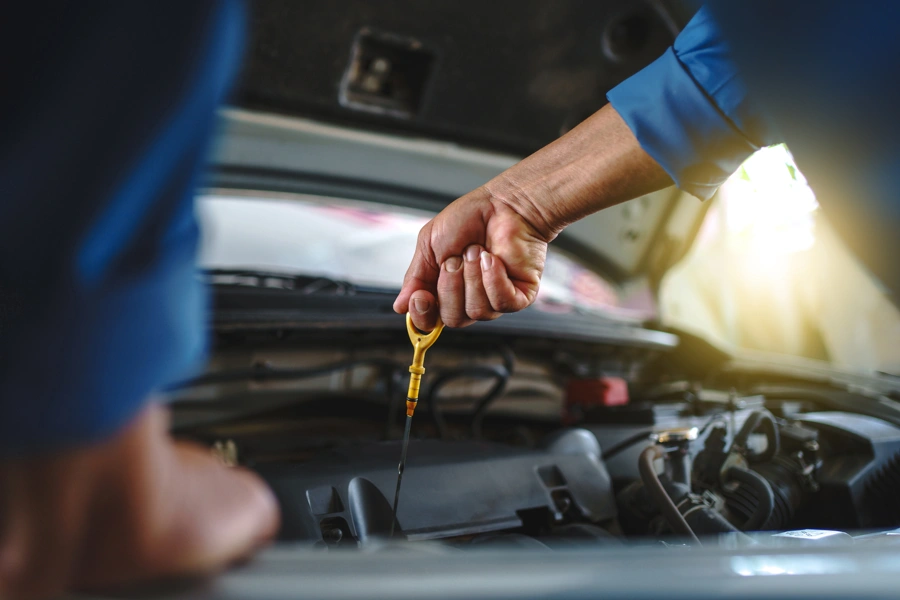The Role of Clean Oil in Engine Performance
Keeping your engine running smoothly is essential for maintaining vehicle performance. One key factor that influences this is clean oil. When oil is clean, it lubricates the engine parts effectively, preventing wear and tear. This not only boosts engine efficiency but also extends the life of your vehicle. In this article, you’ll learn how clean oil can improve engine power and what steps to take to keep your car in top condition.

Benefits of Using Clean Oil
Clean oil offers several advantages for your car’s engine. First, it reduces friction between moving parts, which helps the engine run more efficiently. This reduction in friction means the engine uses less fuel, saving you money at the pump. Additionally, clean oil helps cool down the engine by absorbing heat and carrying it away from critical components. Lastly, it prevents sludge buildup that can clog the engine and reduce its lifespan.
Common Problems Caused by Dirty Oil
When oil becomes dirty or contaminated, it loses its ability to protect the engine effectively. Dirty oil leads to increased friction, which causes more wear on the engine parts. It can also cause overheating since contaminated oil does not absorb heat as well as clean oil does. Moreover, dirty oil can create sludge, leading to blockages and reducing overall engine performance.

How Oil Change Services Can Help
Regularly changing your car’s oil is crucial for maintaining engine health. Professional oil change services ensure that your vehicle receives the correct type and amount of oil needed for optimal performance. These services typically include checking other vital fluids and performing a quick inspection to catch potential issues early. By relying on experts, you ensure your engine runs smoothly and efficiently.
Steps for Performing Your Own Oil Change
If you’re interested in doing an oil change yourself, follow these steps:
- Gather necessary tools and materials, including a wrench, oil filter wrench, new oil filter, and fresh oil.
- Warm up the engine slightly to make the old oil flow out easier.
- Place a container under the oil pan to catch the old oil.
- Remove the drain plug and let the old oil drain completely.
- Replace the drain plug and remove the old oil filter.
- Install a new oil filter and fill the engine with fresh oil.
- Check the oil level using the dipstick and add more if needed.
Best Practices for Maintaining Engine Health
To keep your engine in excellent shape, adhere to these best practices:
- Regularly check and change your oil according to your vehicle’s manual.
- Use high-quality oils that meet manufacturer specifications.
- Avoid short trips frequently as they contribute to faster contamination of the oil.
- Keep an eye on the oil pressure warning light on your dashboard.
Understanding Industry Standards
It is important to know that various organizations set standards for motor oils. The American Petroleum Institute (API) provides ratings that indicate an oil’s quality and suitability for different engines. Always choose oils that have received API certification marks. Ensuring compliance with these standards guarantees you’re using products that protect your engine adequately.
Cost Considerations of Regular Maintenance
Investing in regular maintenance might seem costly upfront, but it saves you money in the long term. Avoiding frequent repairs due to engine damage caused by dirty oil can be expensive. High-quality oils may cost more initially but offer better protection and longer intervals between changes. Consider these factors when budgeting for vehicle care.
Your Path to Better Engine Efficiency
If you wish for improved engine efficiency, start by prioritizing clean oil usage. Based in Haskell, NJ, I am here to assist you with expert guidance tailored to your needs. Call me at (862) 446-3249 today to explore how SB Mobile Auto Care LLC can enhance your driving experience through professional services.
